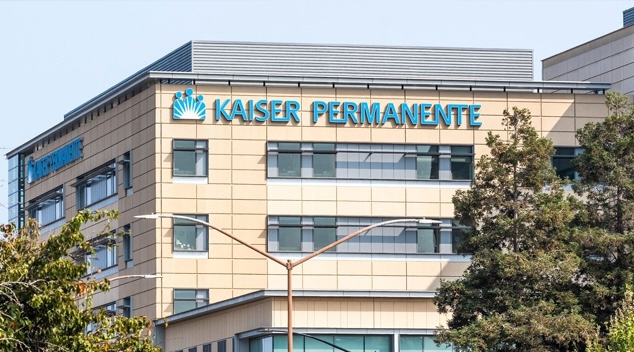According to the California Healthcare Almanac, mental illnesses are among the most common health conditions faced by Californians. In fact, nearly 1 in 7 California adults experiences a mental illness, but 63% of those diagnosed did not seek or receive treatment – a rate higher than the national average.
When we think about mental illness, we often focus on children and younger adults, but they are not the only ones who suffer. For older adults, the adverse effects from social distancing during the pandemic increased depression, anxiety, feelings of isolation, and sleep disorders. These issues are compounded by the many obstacles older adults face, such as stigma, transportation to appointments, and missed diagnoses due to comorbidities, that further complicate their mental healthcare. Together, these issues can make it harder for seniors to get the help they need – and older Californians need patient-centered and community-focused mental health services now more than ever.
Like many states, California is experiencing a shortage in mental health providers. A startling one third of Californians live in an area with a psychiatrist shortage, and the state needs almost 700 more to deplete the deficit. At a local level, some counties are struggling more than others. A report from the California Health Care Foundation shows that San Joaquin Valley has only six psychiatrists and 16 psychologists per 100,000 people, particularly worrisome when 16.8% of San Joaquin county’s adult population suffers from serious psychological distress.
California is also known as a welcoming home to new immigrants. With nearly 40% of Californians identifying as Latino and 15% as Asian American or Pacific Islander, mental health services should be adapted to cultural preferences and comfort levels across the community. For example, only 8% of Asian Americans, compared to 18% of the general U.S. population, seek care for mental health.
The changes in the national mental health landscape, combined with California’s unique factors, demand increased access to and funding for more patient-centered and community-focused approaches to mental health. What does that mean? A patient-centered, community focused approach involves developing culturally sensitive treatment plans tailored to the specific needs of each patient and which take into account the whole breadth of the individual’s mental, physical, and social needs. Said simply, a plan to effectively address the mental health needs of someone who has multiple chronic conditions, is without a stable home and for whom English is a second language, looks quite different than an otherwise physically well, financially stable person for whom language is not a barrier.
To get there, we need multiple stakes in the fire. We need to advocate for policies that prioritize mental health care and community resources. But it’s not just about funding and expanding the workforce, it’s also about how we approach treatment all together. Our healthcare system must prioritize and deliver team-based, integrated care that goes beyond medical elements and attends to the social and behavioral needs that align with the lifestyle of patients. This commitment to overall quality of life is a north star at CCA Health California, where we work with providers to adapt mental, physical, and social care to the needs of the individual, taking into account how cultural and religious preferences and stigmas might increase health disparities for this high-risk group.
An integral part of this approach is partnering with community organizations working passionately to deliver exceptional social and behavioral support to the residents of California. For example, Institute on Aging’s Friendship Line provides both crisis support and a “warmline” where trained volunteers specialize in offering a caring ear and having a friendly conversation with depressed or lonely older adults. With over 300,000 incoming and outgoing calls a year, the Friendship Line is providing a service to California older adults that meets them where they are – helping to create a comfortable and safe space that addresses the obstacles of stigma or access to behavioral health providers. This is just one example of how the community can provide critical support to seniors in times of need.
As the pandemic becomes endemic, and the national COVID-19 emergency ends, it will also be critical that we retain many of the telehealth benefits and services that helped bolster and support those in need of mental health services. In California, where many of our counties already suffer from a shortage of mental health clinicians, continuing easy and flexible access to telehealth can help alleviate these barriers.
While the state works to supplement the healthcare workforce, healthcare plans, providers, and community organizations must work together to deliver holistic approaches for mental health support, simultaneously overcoming the obstacles older adults have to access them. In this way, the expression “it takes a village” cannot apply more.











